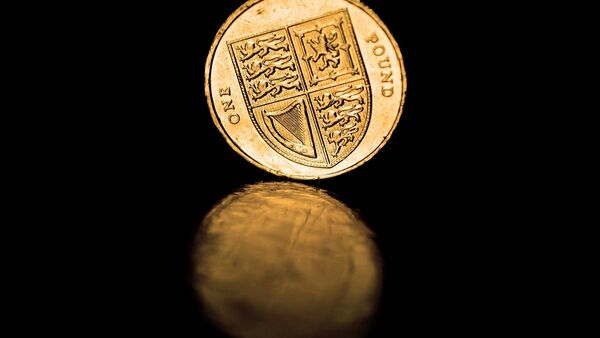Britain’s GDP grew by 1.4% in 2019, becoming the third-fastest growing economy in the G7 group, which includes the United States, Canada, France, Germany, Italy, and Japan.
Although the British economy still lagged behind the US and Canada, which grew by 2.2% and 1.5% respectively, Britain outperformed the rest of the group’s members, according to G7 data cited by The Times.
The figures, published by the ONS on Tuesday, revealed that December alone accounted for national GDP growth of 0.3%, which might be linked to the results of the general election that preceded Britain’s final divorce with the European Union after three years of uncertainty.
However, commenting on the data, the head of GDP at the ONS, Rob Kent-Smith, pointed out that overall, the British economy was not booming during the last three months of 2019.
“There was no growth in the last quarter of 2019 as increases in the services and construction sectors were offset by another poor showing from manufacturing, particularly the motor industry”, Kent-Smith said.
“The underlying trade deficit widened, as exports of services fell, partially offset by a fall in goods imports”, the analyst explained. According to ONS data, the trade deficit increased from £4 billion ($5.2 billion) to £6.5 billion ($8.4 billion) in the last three months.
While the output in the manufacturing sector fell by 1.1% in the fourth quarter, which the ONS explained as being due to the planned shutdowns of certain factories producing transport equipment, the construction sector became “the fastest growing component” of GDP, growing by 2.5% during 2019.

Following Britain’s official exit from the European Union on 31 January, the country has now entered an 11-month transition period, during which it is expected to negotiate trade agreements with the remaining 27 EU members. The International Monetary Fund recently predicted that the UK economy would grow by 1.5% in 2021, outperforming the annual growth of the Eurozone as a whole.


